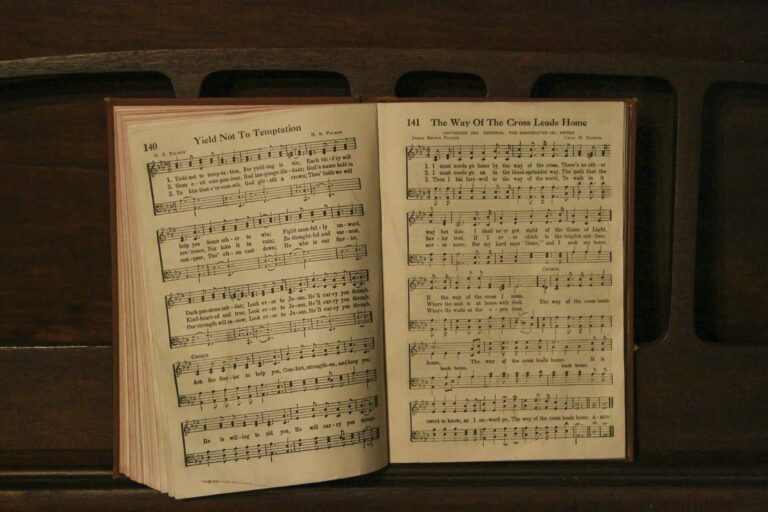The Singing of Jeshurun
“The Song of Moses,” which was to be rehearsed and memorized by Israel, tells of the rebellion of the nations against God, and of his selection of Abraham to build a new nation, a people belonging to himself. That new nation was to be upright – Jeshurun – having the very character of God himself. Instead, when Israel prospered by the grace of God she rebelled in her prosperity, becoming the image of the fallen nations rather than the image of God. “Jeshurun grew fat and kicked.” How often does prosperity lead to (or at least contribute to) pride, stubbornness, selfishness, moral failure, and worship of gods that are not God? Unfortunately, prosperity and rebelliousness often go hand in hand. Israel is by no means a unique example of a people who were upright in their dependancy upon God in trials, but then “grew fat and kicked” while enjoying the blessings of prosperity. Selfishness and godlessness, envy and conflict, tend to grow and flourish when people are blessed with prosperity. Prosperity offers no assurance of peace and harmony and goodwill among humans and certainly no assurance of obedience to God.



